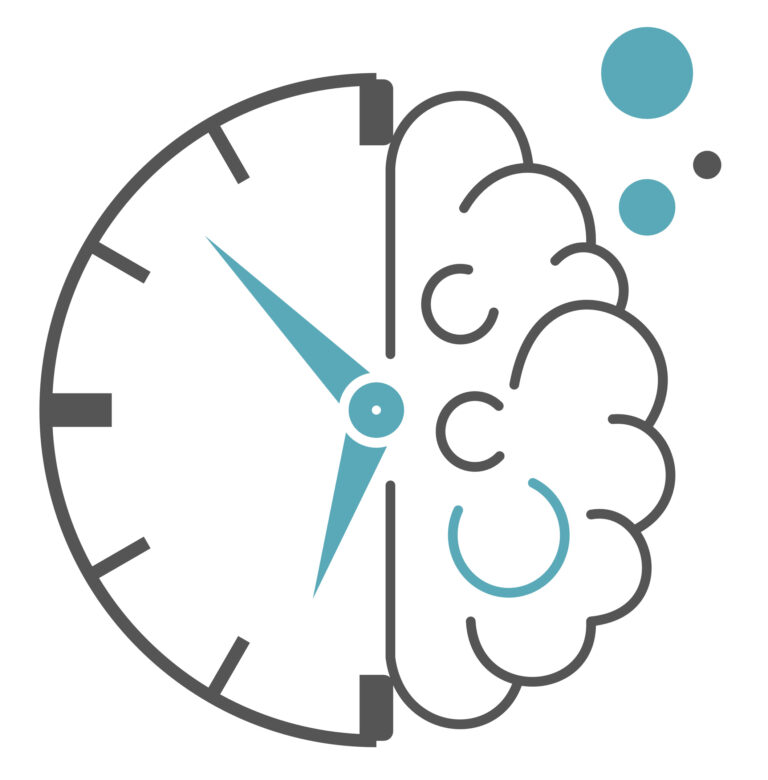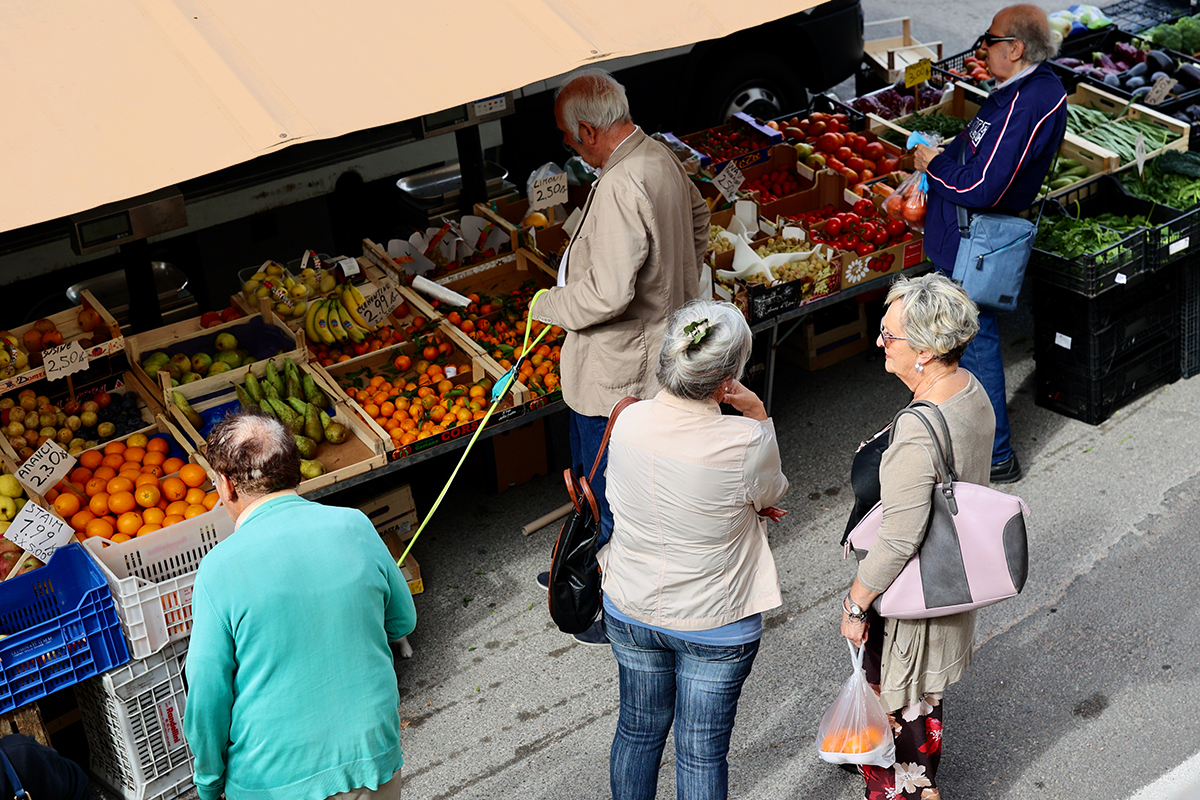
ItaliaN Study With Tailored Multidomain Interventions to Prevent Functional and Cognitive Decline in Community-dwelling Older Adults (IN-TeMPO)
The IN-TeMPO study investigates the effects of an active, guided multi-domain intervention compared to a self-guided intervention followed by normal clinical practice. The primary objective is whether these interventions can prevent functional and cognitive decline in older adults at risk of cognitive decline. The intervention includes the same five lifestyle domains as the FINGER study as well as novel factors such as oral hygiene, vision and hearing, and sleep. A comprehensive set of laboratory biomarkers will be measured to gain new insights into underlying mechanisms and to further support the development of prevention and early detection strategies.
Latest page update: 5 September, 2025
Aim of the project
To investigate the effects of a multi-domain intervention ( “active intervention”), compared to that followed by normal clinical practice (“self-guided intervention”), in older adults. The primary objective is whether these interventions can prevent functional and cognitive decline in at-risk subjects.
Location
Nine clinical centers across north, central, and south Italy: Monza, Novara, Florence, Rome, Naples, Bari, Catania, Palermo, and Molise.
Local setting
Recruitment has taken place both at clinical centers, through internal referral and/or advertising on local newspapers, and at general practitioners.
The trial was designed to draw from both major urban centers and rural areas in order to ensure a diverse representation.
Leading organization
University of Milano-Bicocca
Principal Investigator (PI)
Carlo Ferrarese, University of Milano-Bicocca
Research team
University of Milano-Bicocca:
Luca Cuffaro
Federico Emanuele Pozzi
Gessica Sala
Duration of the intervention
12 months
Project start date
2024
Project end date
2026
Current stage of the project
Ongoing
Number of study participants
1,534 estimated; 835 enrolled
Target population
Community-dwelling older adults aged 60 years or more with mild to moderate frailty. In addition, presence of family history of dementia, and/or at least one modifiable risk factor of dementia.
Primary outcome
Change in global cognition assessed by mNTB, a battery of cognitive tests
Secondary outcomes
- Individual cognitive domains
- Physical activity
- Cognitive and functional levels
- Resilience
- Falls
- Depressive symptoms
- Loneliness
- Quality of life and well-being
- Sleep quality
- Nutrition
- Biomarkers: APOE genotype, p-tau217, NfL, GFAP, IL-6, etc.
Intervention
This study has 2 arms:
- Multidomain intervention
- Self-guided intervention (control group): participants receive suggestions through app-web or video tutorials on the same domains
└ Multidomain intervention
- Physical exercise
- Nutrition: Mediterranean diet-based nutritional plan
- Cognitive training: using BrainHQ program
- Monitoring of cardiovascular risk factors
- Oral hygiene
- Monitoring and counselling on visual and auditory abilities
- Sleep hygiene
- Social interactions
Digital solutions
- BrainHQ is a self-adapting cognitive training software, scientifically validated from previous studies. It is provided to the participants of the intervention group. Participants have the possibility of receiving a tablet to run the software in case of need.
- A specific website has been created for the self-guided group, with educational materials ordered to be delivered in a precise temporal sequence to maintain compliance to the study.
- A wearable tracker (Garmin Vivosmart) will collect movement data (steps, pace, speed, and activity types) and cardiac data (heart rate, heart rate variability), scientifically validated from previous studies. The device is given to enrolled subjects for the first and last month of participation.
- A digital coach is appointed for each recruitment center to help enrolled subjects in approaching the digital tools
Results
Results have not yet been published.
Acknowledgements
Funding from Next Generation EU, in the context of the National Recovery and Resilience Plan, Investment PE8 – Project Age-It: “Ageing Well in an Ageing Society” [DM 1557 11.10.2022, CUP: H43C22000840006].

Registered trial: ItaliaN Study With Tailored Multidomain Interventions to Prevent Functional and Cognitive Decline in Community-dwelling Older Adults (IN TeMPO) (ClinicalTrials.gov)
Multi-pathway blood biomarkers to target and monitor multidimensional prevention of cognitive and functional decline (nested in the IN-TeMPO study framed within the world-wide FINGERS network) (Front Aging Neuroscience, 2025)

